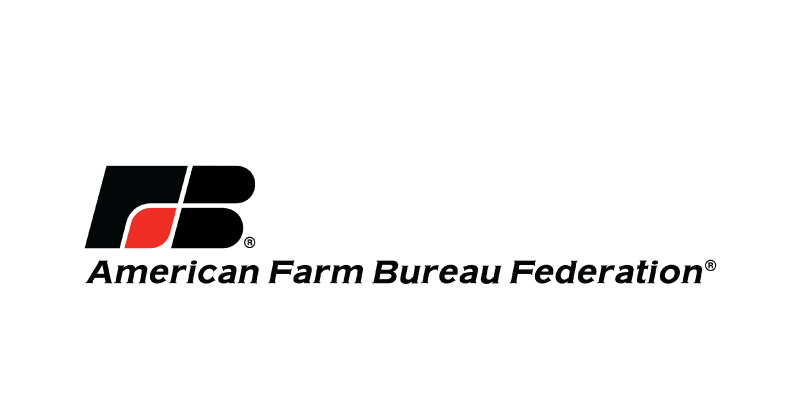
By Clint Thompson
Count the American Farm Bureau Federation (AFBF) among those organizations disappointed with the Environmental Protection Agency (EPA’s) ruling that revokes all tolerances for chlorpyrifos.
The popular pesticide, also known as lorsban, is used in vegetable and specialty crop production like peaches, onions and sweet potatoes. Without chlorpyrifos’ availability, growers are left with less effective alternative products.
Limited Replacements
“We’ve seen it used in very targeted situations on citrus, tree fruits, soybeans, sugar beets. But in these instances where chlorpyrifos is used, there’s really not an alternative pesticide that has the same efficacy as chlorpyrifos,” said Allison Crittenden, Director of Congressional Relations at AFBF. “We do have some concerns that, unless the EPA responds to the objections that were filed, without this product we don’t have something that has the efficacy. We run the risk of having insects develop resistance. We’ll have to use larger quantities of less effective products.”
The ban comes as no surprise to those within the agricultural industry. Its process of elimination, however, is what AFBF takes issue with.
“Chlorpyrifos has been one of those pesticides that’s been in the headlines. We knew that there was a target on it for those that don’t like us to have access to all of the crop protection tools that we need. We still take issue with the manner this decision occurred,” Crittenden said.
“It occurred outside the registration review process that was currently underway at EPA. Many stakeholders had provided comments on the recent proposed interim decision for chlorpyrifos. We were surprised that EPA decided to go along with the court’s decision instead of trying to preserve uses of chlorpyrifos considering its own information regarding the proposed interim decision, the EPA did note there were several high benefit uses for chlorpyrifos.
“We certainly would like for this decision to be revoked, but in the interim, at least delayed while EPA is sorting out all of these details in responding to the objections filed by groups like American Farm Bureau.”
Looming Timeline
Registered uses of lorsban are legal until March 1. It is important to keep records of applications as proof. Any application of chlorpyrifos to a food crop, such as onions or sweet potatoes, after Feb. 28 will render the crop adulterated. It can’t be harvested and sold.
If a farmer harvests in April and they treated their crop with chlorpyrifos in February or earlier, they are okay. If they harvest in April and treat their crop on March 1 or later, it is illegal.









